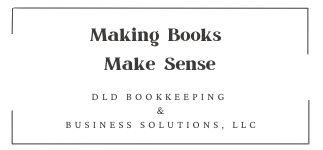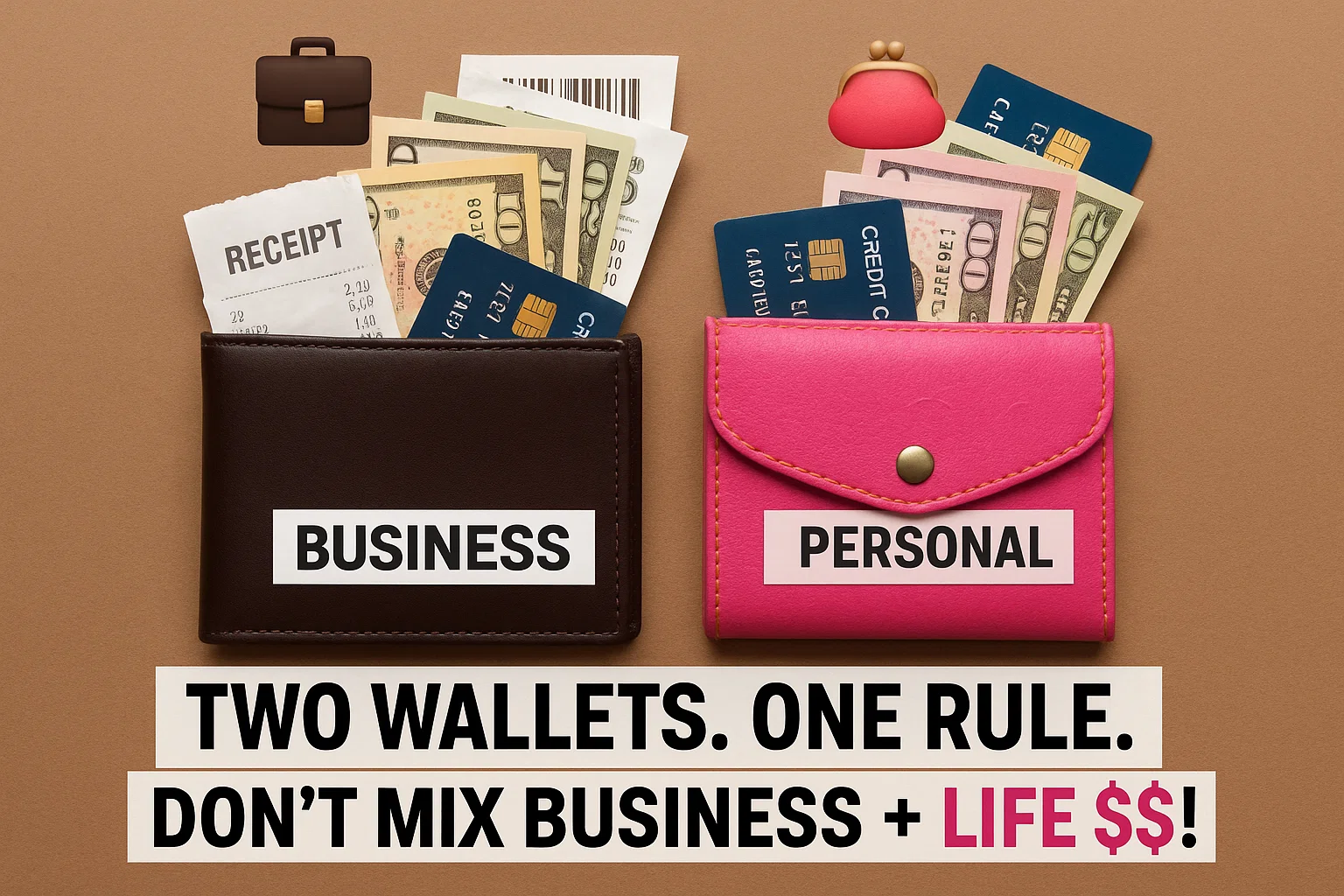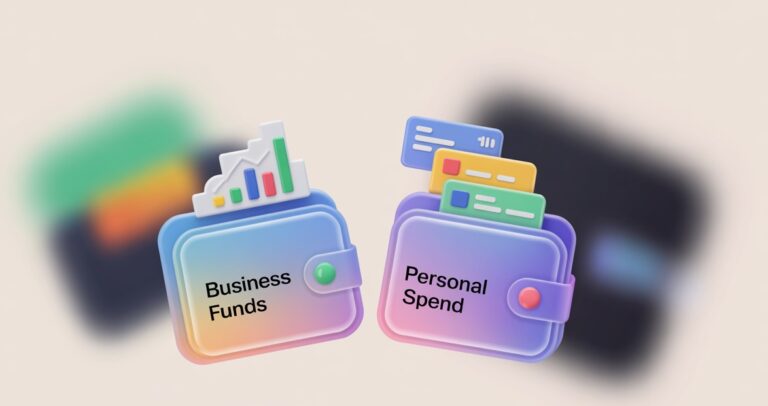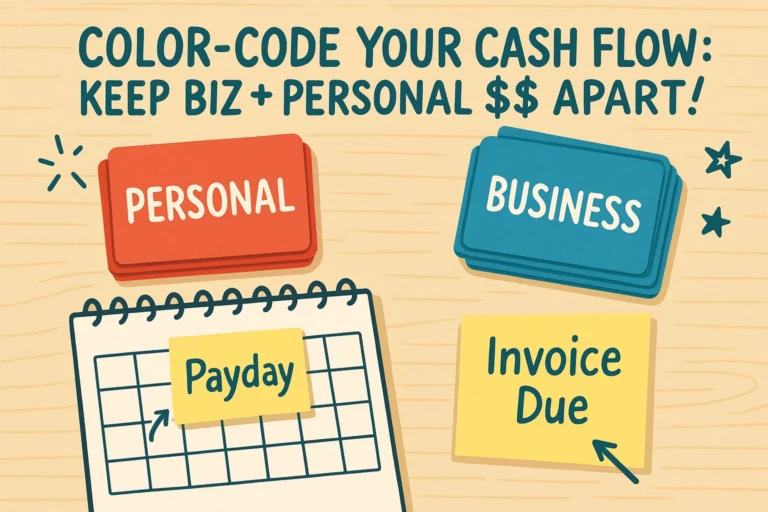The 7 Most Common Bookkeeping Mistakes (and How to Avoid Them)
Introduction
Nobody wants to make mistakes, but they happen. Bookkeeping mistakes can throw off your finances entirely. We have talked a lot about why bookkeeping is important, we have talked about the things you should do, and we have talked about the things you shouldn’t do.
Now we are going to talk about the biggest mistakes I have seen. Let’s run through the seven mistakes you want to avoid when it comes to bookkeeping for your small business.
Table of Contents
Mistake #1: Not Separating Personal and Business Finances
Not separating your personal and business expenses is called commingling. You have probably read how important this is on every single one of my posts. So while it might be annoying, it should also be in the back of your brain that you definitely don’t want to mix business and personal finances.
Why not? There are a few reasons.
- If you are mixing business and person income and expenses, then you likely don’t have an accurate picture of the business finances or your personal finances.
- If you don’t have separate business finances you won’t have accurate financial statements. You won’t know how much you owe in taxes, you won’t know how much you can pay yourself.
- *Disclaimer – I am not a lawyer and can’t give you legal advice.* But, if you are sued, you could open up your personal finances to liability from your business by commingling your finances.
- If you are audited it will take a lot more work to separate and prove your business expenses. It’s also likely they will scrutinize are all the transactions and now you have exposed all your personal spending. Think about any personal transactions you might not want to explain…
This could cost a lot of money to fix when this is a super easy step to get right from the beginning.
How to avoid this mistake? Open a business bank account from the very beginning. Even if you aren’t making money yet, get it set up now. Something will happen where you have the chance to make money or you need to spend money and you will be like “oh, I will just use my personal card this time” and then it’s super easy to just keep doing so.
When you are choosing a bank to open a business account, make sure to check out the fees and try to pick a bank with the least amount of fees. Some banks still charge a monthly fee for a having an account with them.
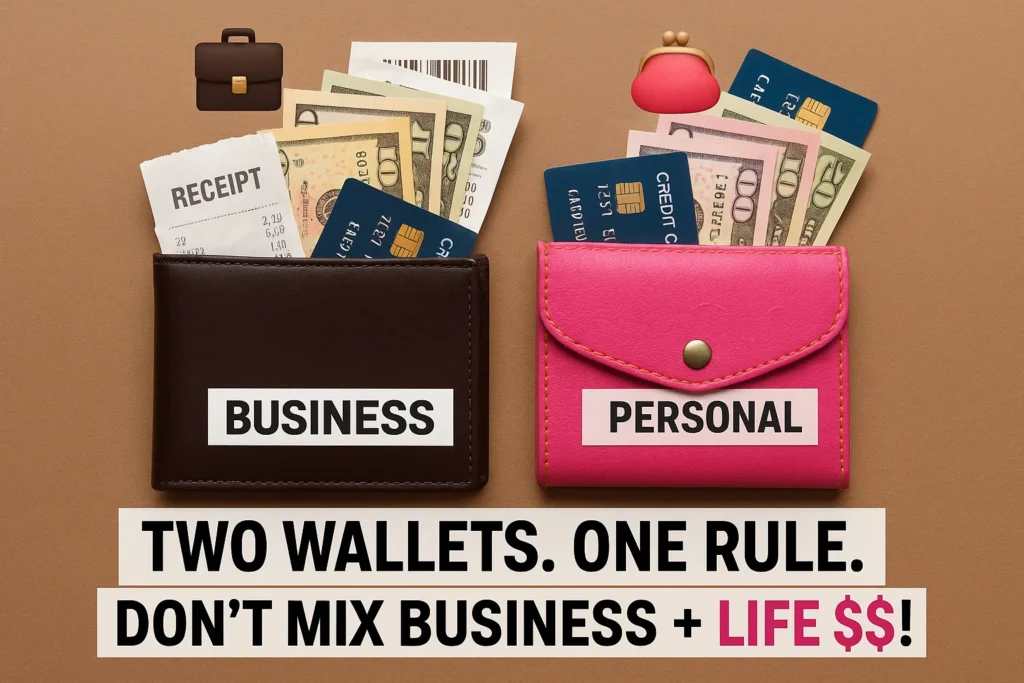
Mistake #2: Failing to Track Small Expenses
Failing to track all expenses, even the small expenses, really adds up. I can tell you from personal experience how the business expenses pile up when you have a subscription for this software and a membership to help you with this portion of your business. Then there are the utility bills, the extra insurance, the website costs, and on and on.
It might only be $10 here and there, but TRACK. IT. ALL.
-Use an app (Comparing Bookkeeping Software)
-Use a spreadsheet (How to Set Up a Simple Bookkeeping System — Even If You Hate Numbers)
– Get in the habit of updating your bookkeeping daily, or at least weekly. Monthly if you REALLY can’t do it more frequently.
– Don’t forget to save your receipts!
Mistake #3: DIY Bookkeeping Without Understanding the Basics
I know it’s tempting to do your bookkeeping on your own to save money. If you feel you can do it, then put the time into learning the basics. Utilize our resources here on Making Books Make Sense and research the things that you don’t understand.
Another great website is http://www.AccountingCoach.com. You can learn the basics of bookkeeping and accounting here and most of the resources are at no cost to you.
With that said, remember there is nothing wrong with deciding you need a professional to help you. Whether it’s just getting started or later when you’ve grown, you can always reach out to us to set-up bookkeeping services. Contact Us.
Mistake #4: Not Reconciling Accounts Regularly
When you reconcile your accounts, you are comparing your bank statements and credit card statements to your bookkeeping to ensure that your record keeping is complete.
When the reconciliation equals zero, that means there aren’t any differences between your actual bank balances and your book balances.
Reconciliations are really easy to do with bookkeeping software. By reconciling every month, you can catch mistakes that are made when recording your transactions, you can catch any bank errors, and you can catch any potential fraudulent activity.
If you haven’t started using bookkeeping software at this point, then reconciling will be a bit more work and labor intensive, but don’t skip this very important step!
If you have any assets in your business or any loans, it’s also important to reconcile these accounts as well.
Mistake #5: Ignoring Invoices and Receivables
Ignoring invoices (money you owe to someone else) or ignoring receivables (money customers owe YOU) can create cash flow problems in your business.
Make sure to create a step in your bookkeeping routine (A simple Daily Bookkeeping Routine for Your Small Business) to review these items. It is important to do this regularly, I would recommend at least weekly. Add it to your calendar to follow up on regularly.
Another point here for using bookkeeping software because it makes it easy to pull a report that shows you any outstanding invoices or receivables. If you are still at the stage of using a spreadsheet to track your finances, make sure to keep a tab for both upcoming expenses and a tab for money to collect.
Mistake #6: Forgetting to Back Up Your Records
Losing all your financial data can be a huge nightmare. Make sure to backup your records regularly. If you are using bookkeeping software, look around to see what they recommend for backups.
If you are using a spreadsheet, make sure to save a copy periodically. It is easy to download a copy of your Google Sheet or Excel file and save either on your hard drive or to a secondary cloud location.
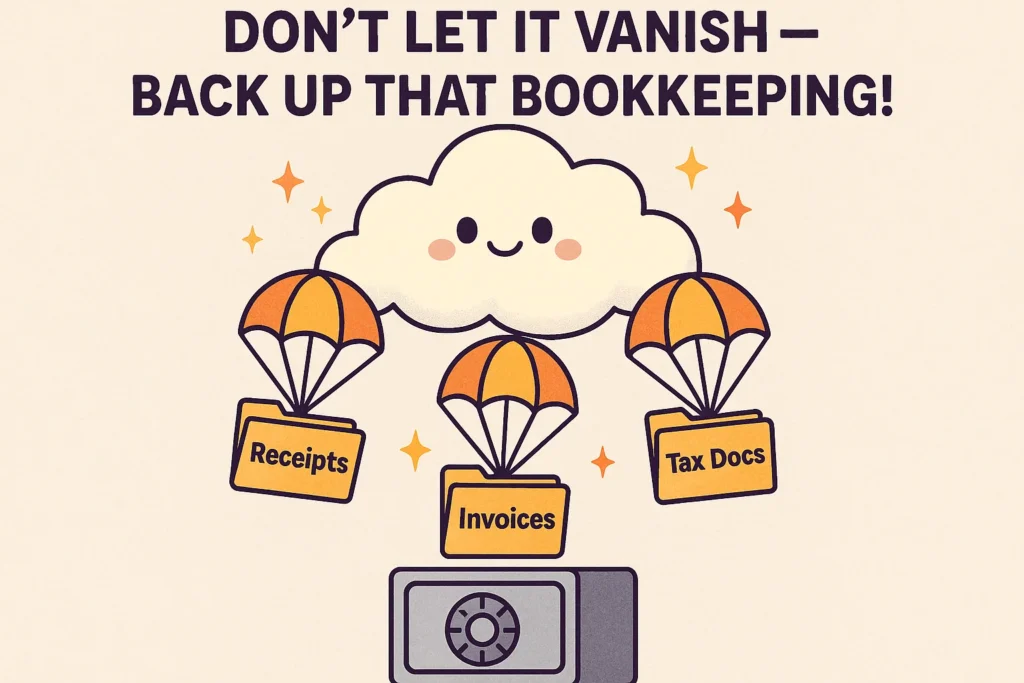
Mistake #7: Waiting Until Tax Time to Get Organized
Waiting until the end of the year, or worse, the tax deadline causes more stress and leads to more mistakes. It can also cost you money in rush fees or penalties and interest expenses if things are completed incorrectly.
Spending a few minutes a day or an hour a week can make all the difference in staying organized. Don’t forget to keep copies of statements and receipts!
Bookkeeping mistakes can cost time and Money – but mistakes are preventable
Keep following us here at Making Books Make Sense and we will help you keep your bookkeeping on point!
